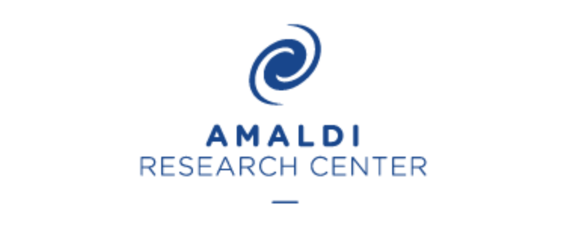Quantum technologies for GW detection
Quantum technologies are a promising resource to obtain boosted performances in several tasks, including intrinsically secure communication, improved computational capabilities and quantum-enhanced sensing. In this latter field, the main objective is to develop quantum sensors capable of measuring physical parameters, by maximizing the accuracy for a given amount of resources employed in the estimation process. To this end, states with quantum correlations and quantum properties have been suggested to improve such accuracy with respect to approaches involving only classical states of light. An example of specific problem that can benefit from a quantum approach is phase estimation, where the aim is to measure one (or more) unknown phase shifts within an interferometric system. Such measurement can be carried out by sending an appropriate light field, prepared in a suitable state, which is modified by the action of the interferometer depending on the value of the phase shift(s). Then, the output state is measured to retrieve information on the unknown parameter(s). First proof-of-principle experimental demonstrations have been performed, showing that quantum light can enhance the performances of a sensor addressing this task. Quantum resources useful for this approach can be either in the discrete variable domain, such as path-entangled states, or in the continuous-variable domain, such as squeezed states.

Research activities will be carried out within ARC in this field. Indeed, theoretical investigation have shown that squeezed light can reduce the amount of noise in the measured output signal of a GW interferometric sensor, thus allowing to improve its sensitivity. This research line will then develop protocols for efficient application of quantum resources to interferometric phase estimation sensors. As a first aspect, we will develop a module to generate entangled squeezed states for quantum sensing experiments. A second fundamental aspect that will be investigated is the capability of efficiently extracting information on the interferometer optical phase given the amount of employed resources, that limit the ultimate achievable precision. More specifically, appropriate measurement strategies and post-processing techniques have to be employed to observe quantum enhanced performances from the measured signal. This issue becomes particularly crucial for sensors of increasing size and complexity. Two specific aspects will be addressed and experimentally tested throughout the project: development of efficient calibration methods, and adaptive protocols for optimized extraction of information. In both cases, we will envisage application of machine learning techniques as a promising route to perform the optimization process. Finally, we will then extend the protocols previously developed in the continuous-variable domain for GW detection, and perform experimental tests of such protocols in the implemented squeezed state platform.
For further information, please contact: Fabio Sciarrino.



